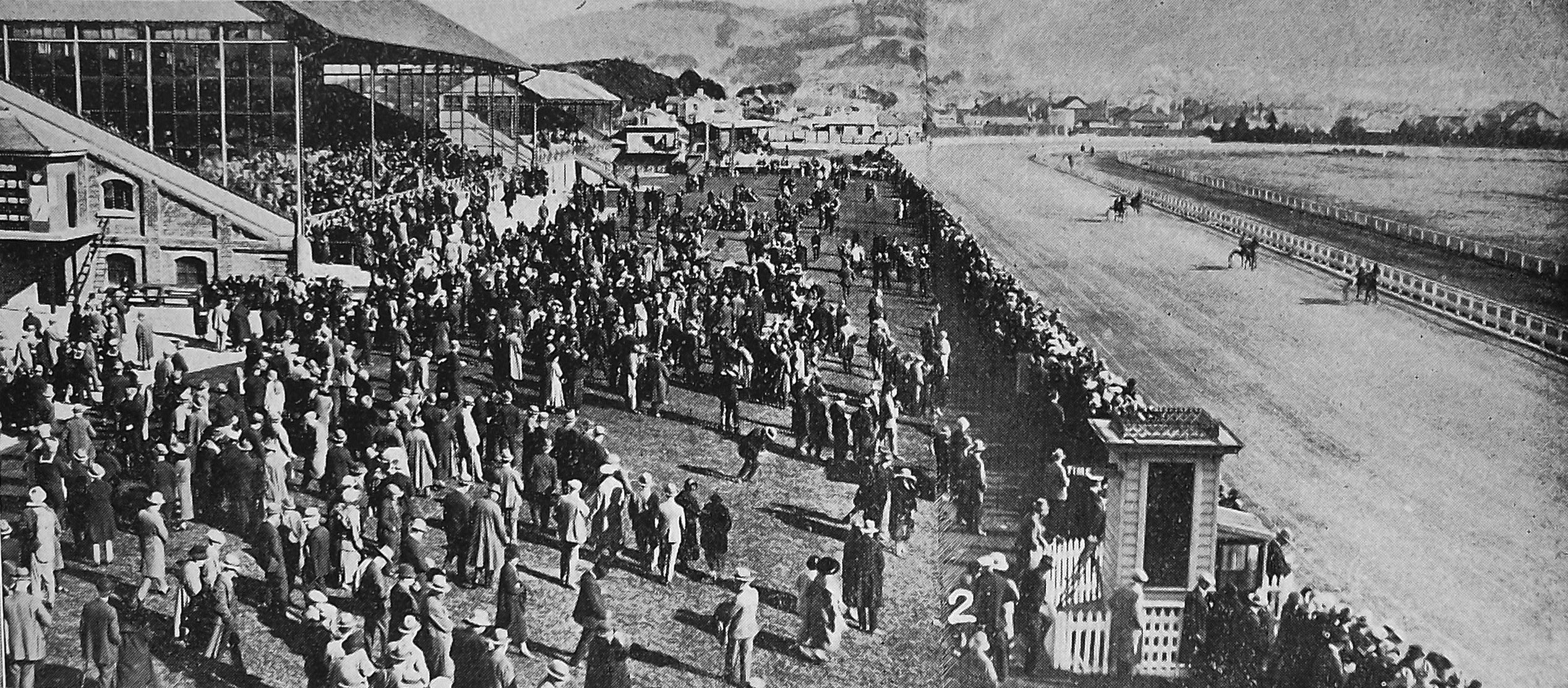

Naval patrol keeps order
Standing by their motto to "keep people out of trouble rather than get them into it," the Shore Patrol of the destroyer squadron now in Dunedin has found nothing much about which to complain. Commander J.H. Ingram, of USS Stoddert, is well satisfied with the conduct of all ranks ashore. His patrol consists of 12 officers and 42 men, and their work has not been difficult. Officers and petty officers for police duty are selected from various ships of the fleet, and a separate detail is picked for each city visited. Enlisted men are specially selected. The naval authorities feel that the men’s actions have been satisfactory, though there had been cases where men had been seen in the streets under the influence of liquor. The greater part of the drunkenness had been due to the fact that so many of the young seamen had never before seen a hotel bar in their lives. They did not know the strengths of the various kinds of "booze"; they made all sorts of mixtures, and some had over-estimated their capacities.
The patrol was indebted to members of the Dunedin police force. Their co-operation and co-ordination had been perfect, and the relationships fine. The object of the patrol ashore was not only to look after the interests of its own sailors but, more importantly, to aid the local authorities in dealing with the great increase in the number of men ashore.
Only three or four reports had been sent in during the Dunedin visit. In no case had there been offences against the community or the civilians. Nothing of a more serious nature than drunkenness had been charged against sailors. A tribute to Dunedin’s conduct was also paid by the Commander, who is in a position to judge and to make comparisions with other towns.
There had not been one report of a man being robbed, of being "short changed," nor had he heard of advantage of them having been taken in any respect. That was rather a unique record, not only for other centres, but also in home ports.
Commander Ingram spoke of the impersonal nature of the duty carried out by patrolmen. They would arrest their own "buddy" as soon as anybody else if such action were necessary. That showed their pride in their duty. The men carried batons after the custom of the police in America, and it was rare indeed that it became necessary to use them. In Dunedin they had not been put into operation on a single occasion. The opinion of the patrol was that Dunedin morally was one of the cleanest cities imaginable. "As far as I am concerned," stated the Commander, "it is the cleanest city in which I have ever stood duty. The first few days," he concluded, "looked dull, and there was not much for the men to do except visit the hotels. But the happy homelike hospitality that has been offered to the men has more than satisfied them, and they will leave Dunedin with the kindliest of feeling, and with friendships that they hope will last forever."
— ODT, 19.8.1925 (Compiled by Peter Dowden)











